Grand Designs' best houses: 5 of the show's most extraordinary homes
From caves to castles, we look back at Grand Designs' most memorable and innovative properties
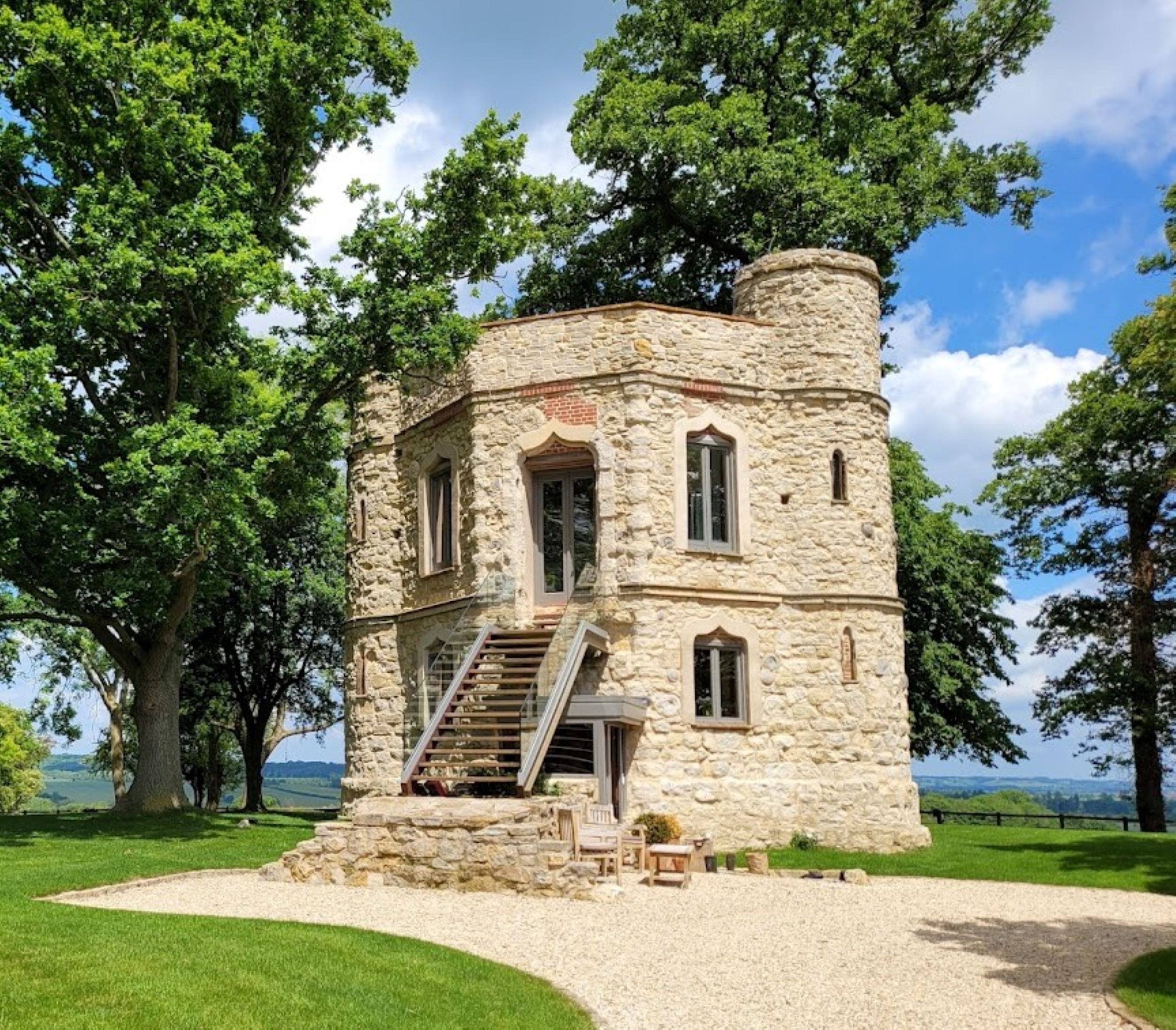
Thanks to Channel 4’s Grand Designs, property and self build addicts have been treated to an in-depth look into some gorgeous restoration and build projects over the years.
However, some of the buildings showcased on the long-running TV programme, hosted Kevin McCloud, are so awe-inspiring, innovative or challenging that they can’t help but stick in the memory.
So, we put our heads together and, after some rigorous debate, have picked out some of the best builds — from a Grand Designs' lighthouse-inspired new build to a cave dwelling transformed for 21st-century living.
Grand Design’s best homes include their first – and only – cave house
This unique cave home is set in Worcestershire’s Wyre Forest — a beauty spot that inspired Lord of the Rings author JRR Tolkien. And, presenter McCloud noted the resemblance the Rockhouse Retreat has to a hobbit house from the books.
Owner/renovator Angelo Mastropietro took a huge leap of faith and spent £62,000 on the dilapidated 800-year-old cave dwelling that is built into a sandstone cliff.
The renovator was diagnosed with multiple sclerosis back in 2007 and left his recruitment job in Australia for his native Worcestershire for health reasons. Despite the limitation the condition imposes, Angelo almost single-handedly brought the cave back to life over nine months, introducing 21st-century luxuries — on a £100,000 budget.
"The house has a soul. It’s a magical place, it’s a dream come true really," said Angelo.
Get the Homebuilding & Renovating Newsletter
Bring your dream home to life with expert advice, how to guides and design inspiration. Sign up for our newsletter and get two free tickets to a Homebuilding & Renovating Show near you.
The property is now available for holidays and can even be hired for weddings.
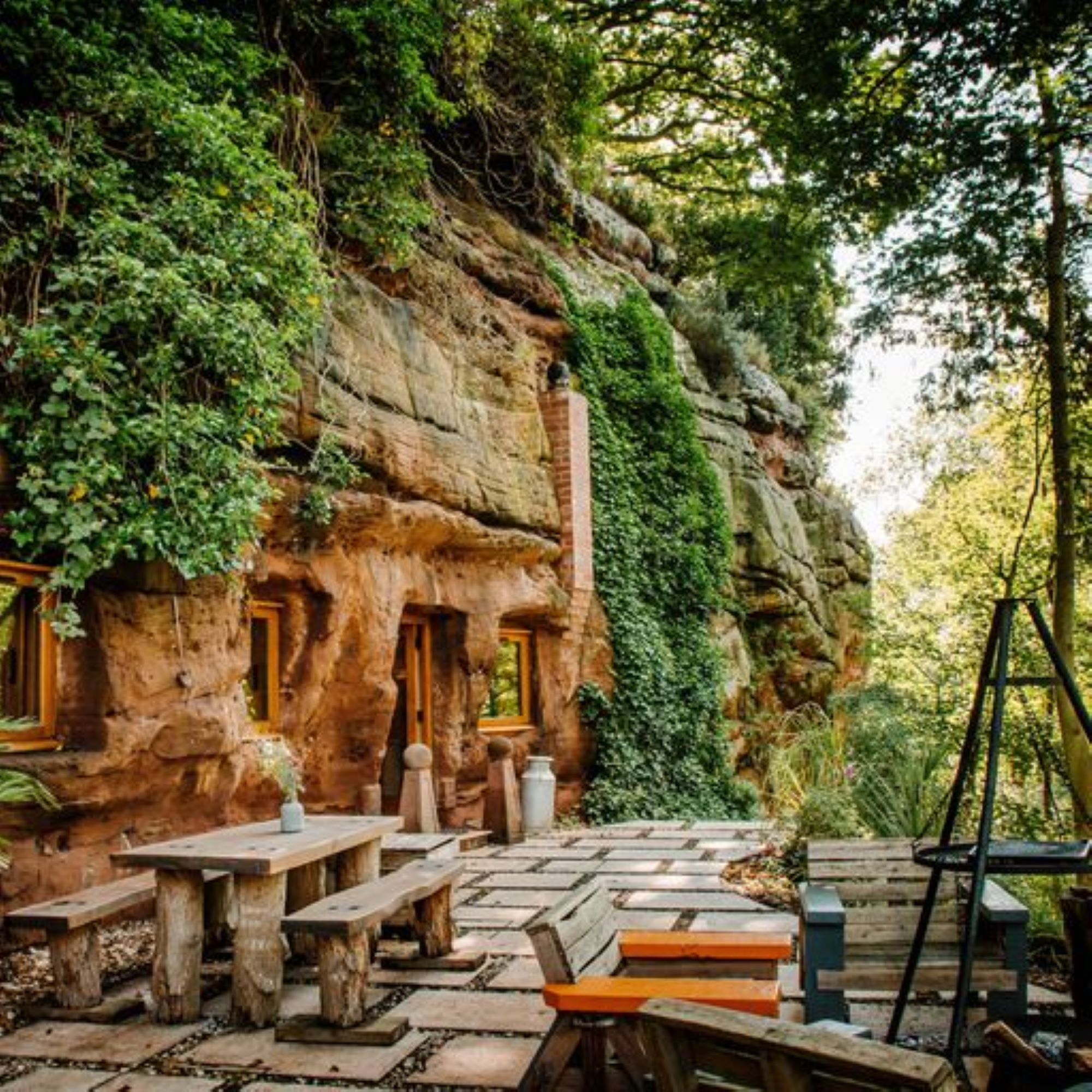
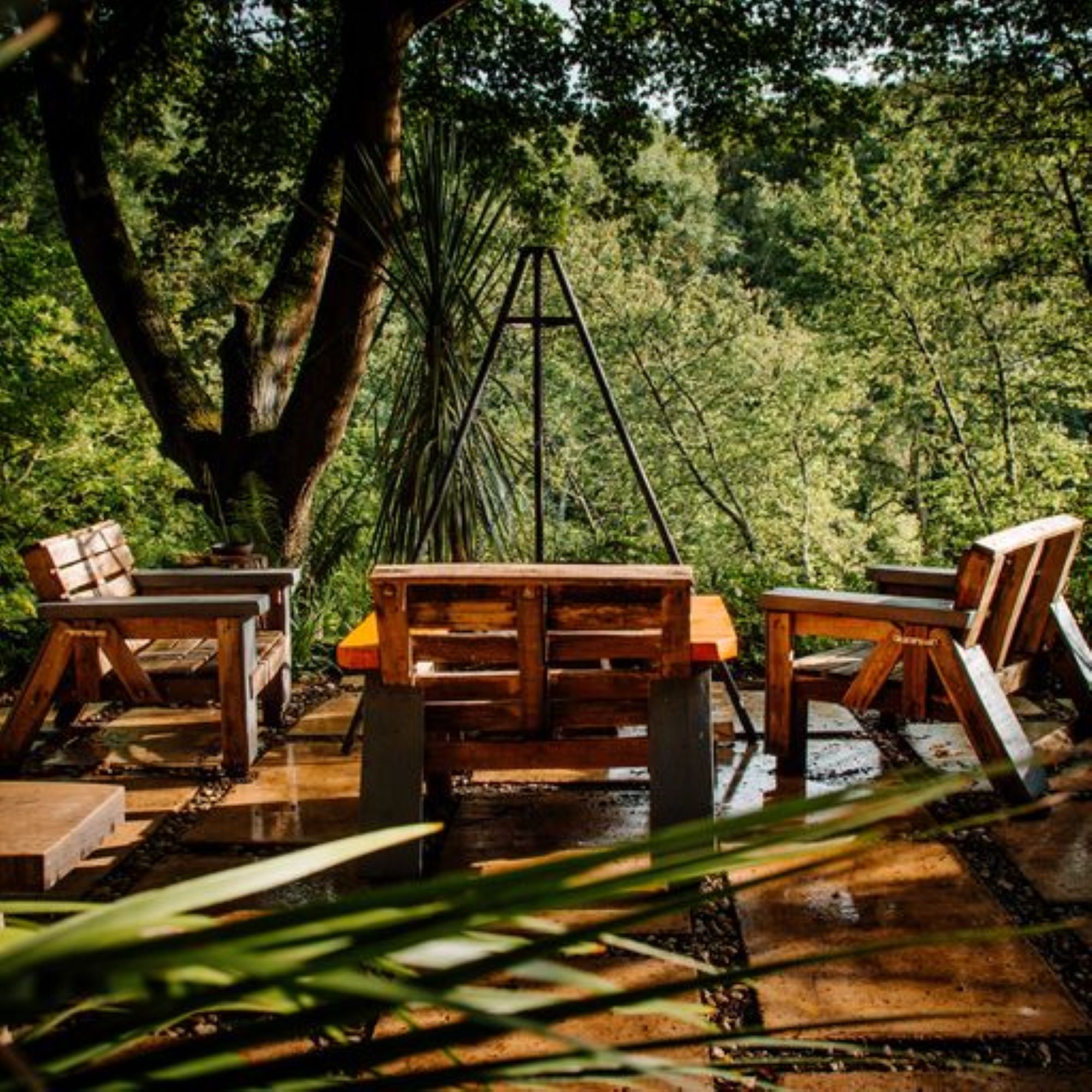
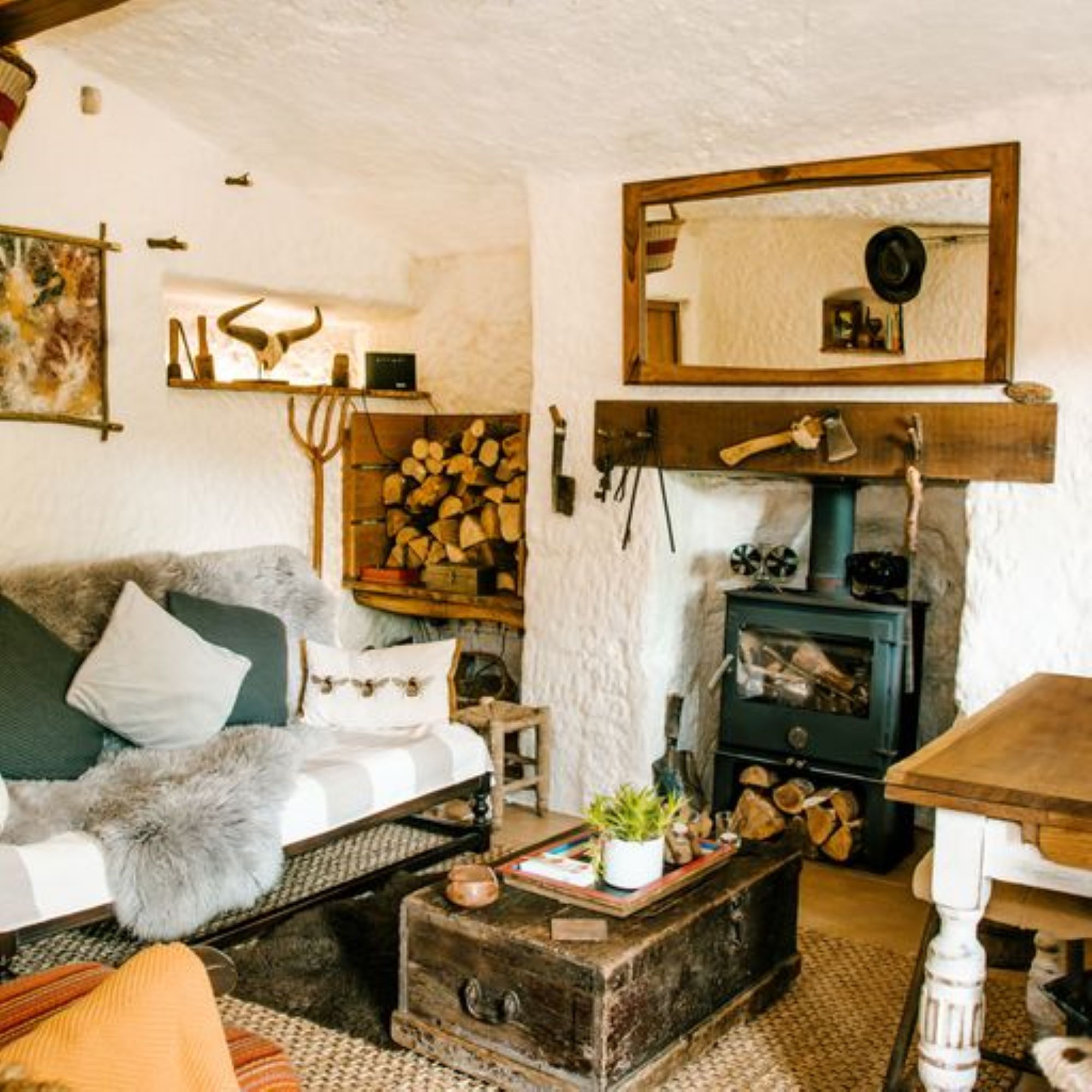
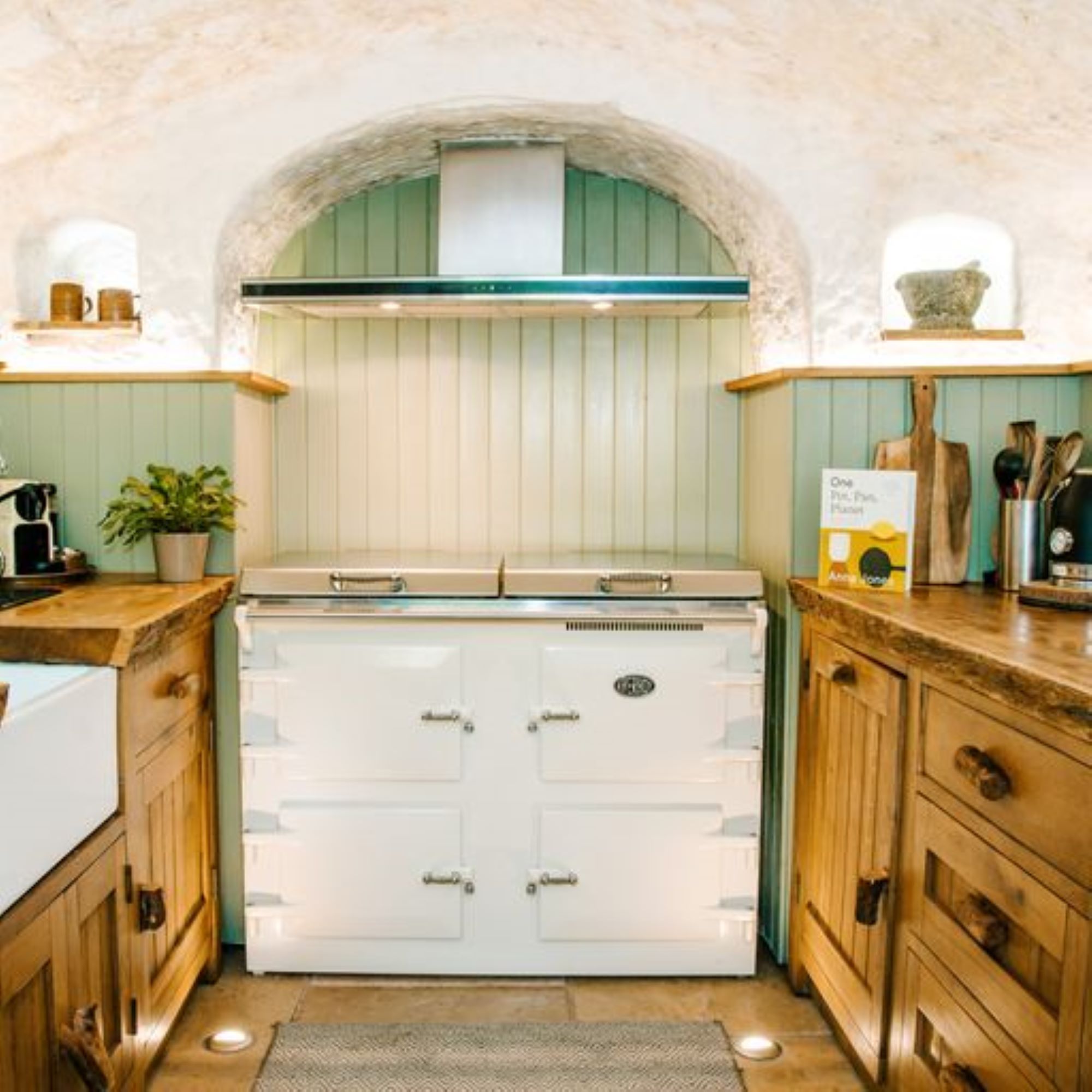
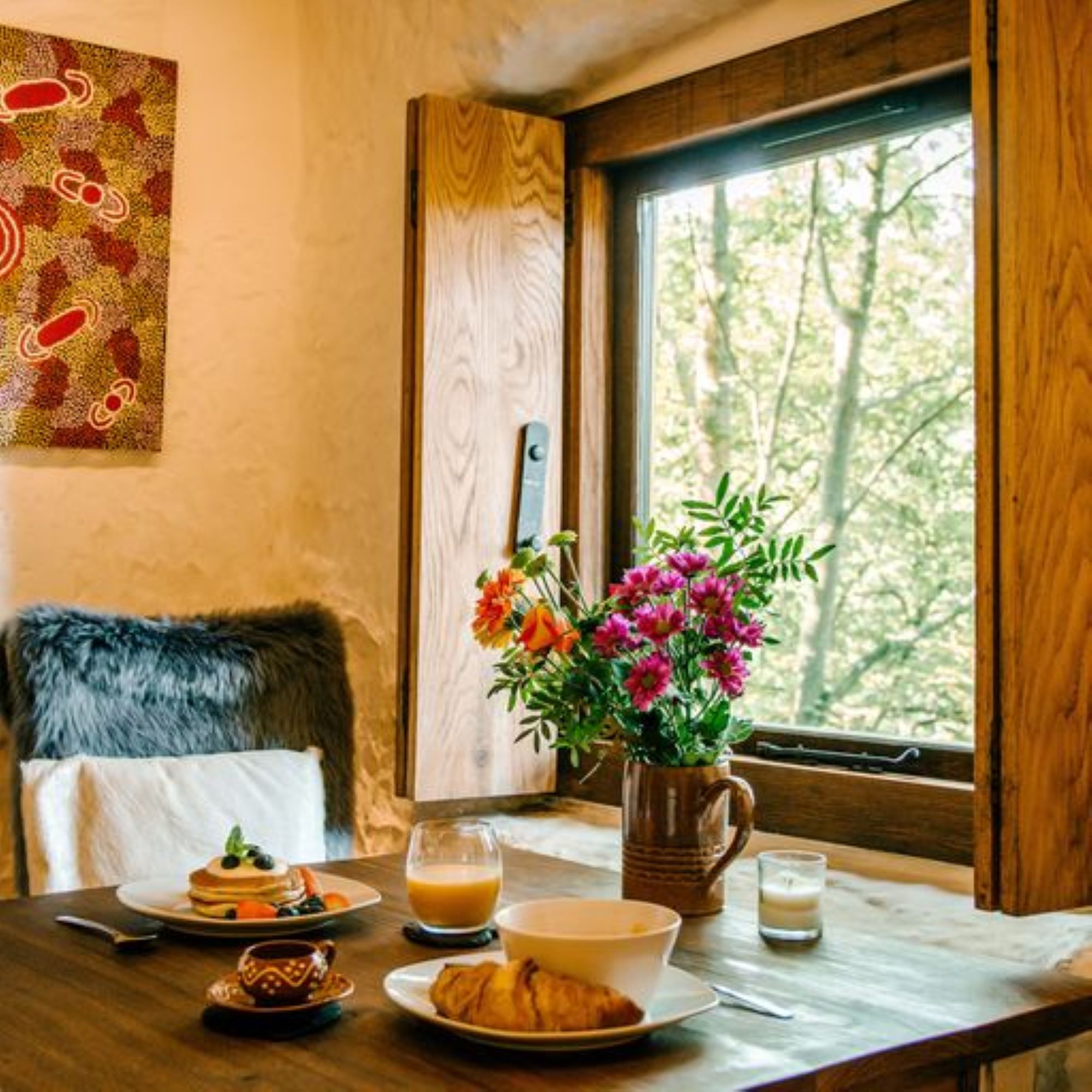
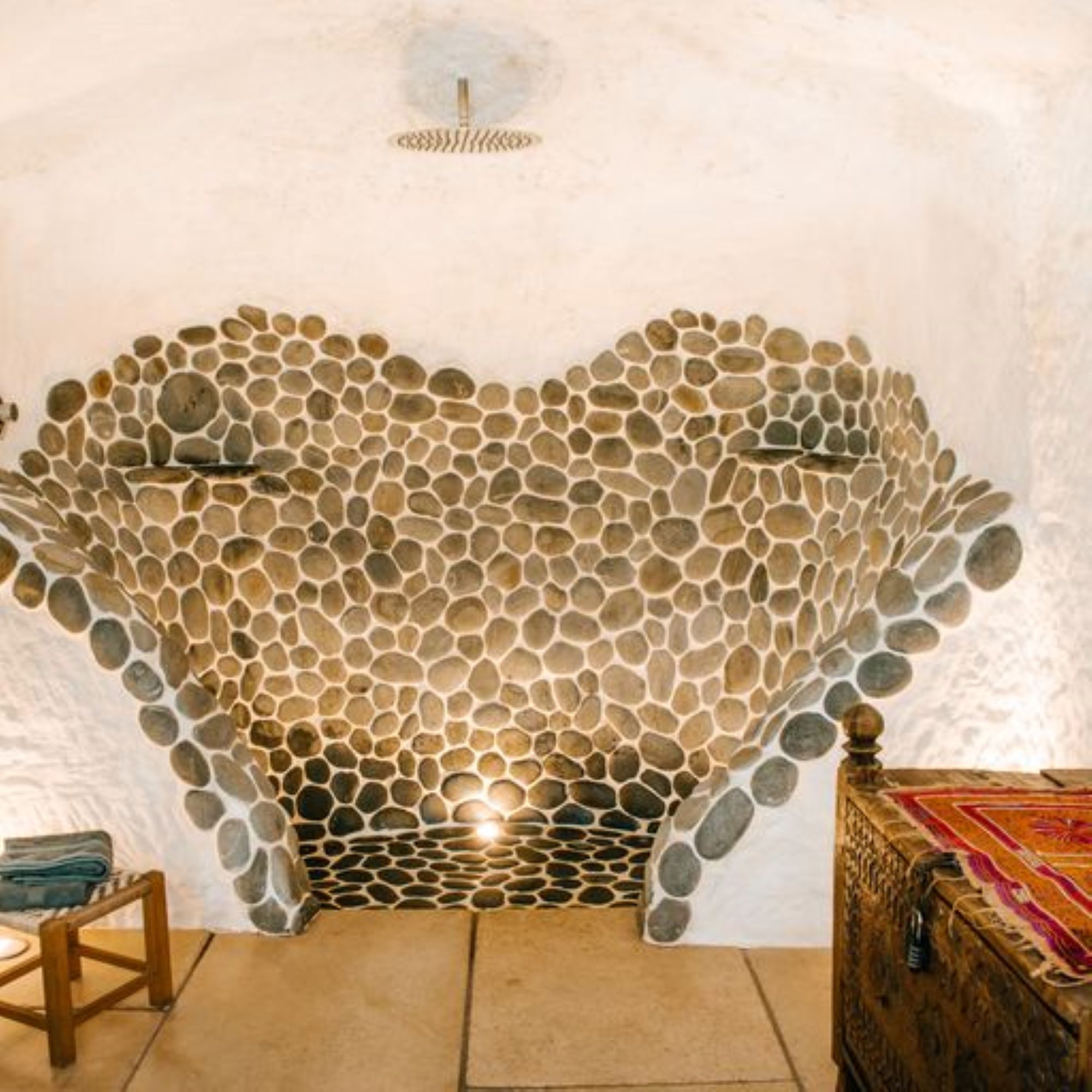
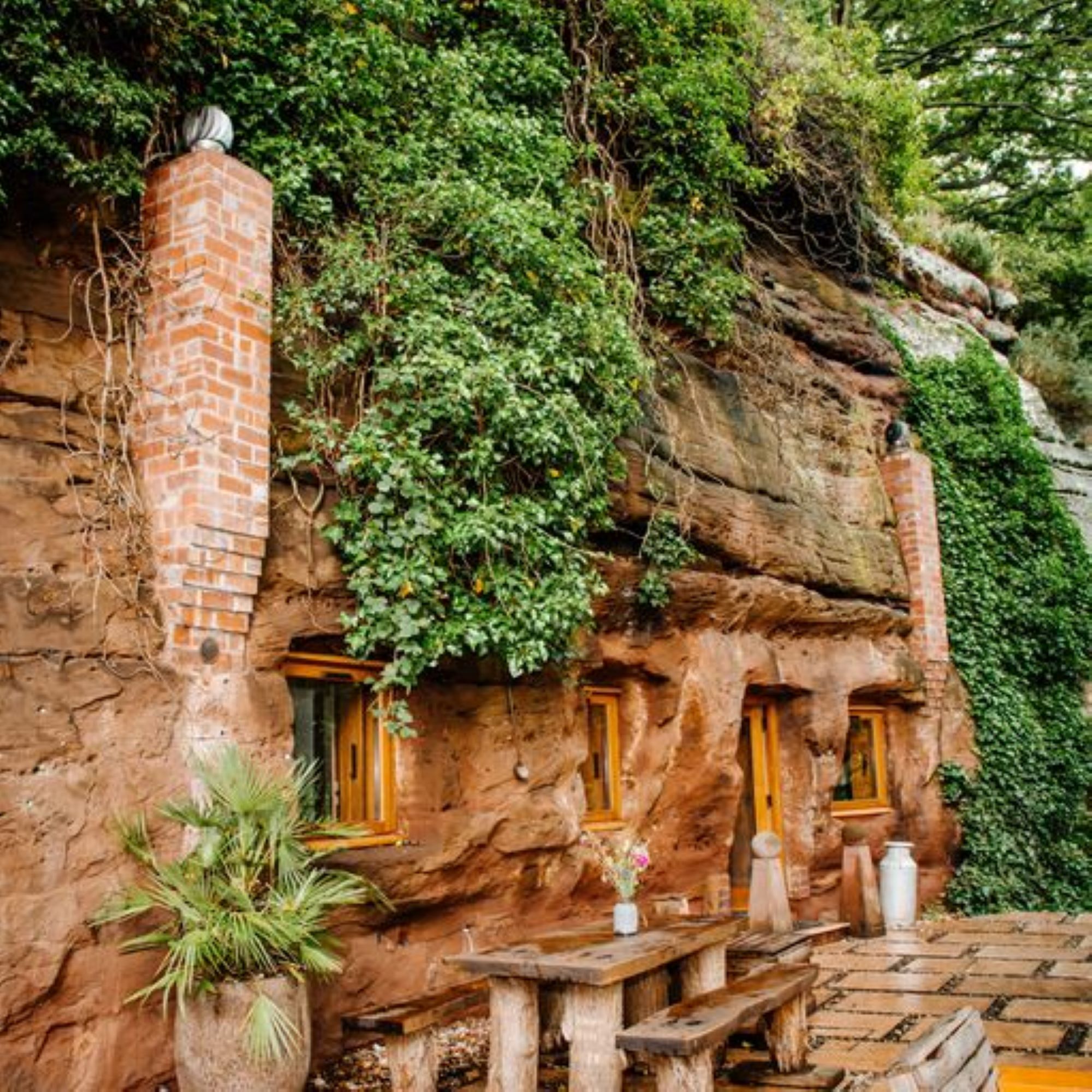
A grand lighthouse-inspired build
The Grand Designs lighthouse-inspired project, Chesil Cliff House in North Devon, took more than 10 years to complete, despite a complicated legacy of spiralling costs, divorce, and bankruptcy.
The property offers panoramic views of Croyde Bay and features a four-story tower, five bedrooms and bathrooms, four reception rooms, a sauna, a cellar, a cinema and a 60ft infinity pool.
It has a cantilevered bridge which provides the driveway down to the garage, and the site contains three acres of grounds including a private beach cove.
Owners Edward Short and his wife, Hazel, planned to complete the project in just 18 months with a budget of £1.8m. It eventually took 10 years and between £5.5-6m to complete.
In 2019, when the property first appeared on Grand Designs, viewers learned that Edward and Hazel had split, leaving them millions of pounds in debt. This meant that the building was left idle for years, before work finally resumed in 2020 and finished in 2022.
The property also boasts a three-bedroom studio annexe called The Eye. McCloud called the “Bond villain's lair” a "truly extraordinary achievement".
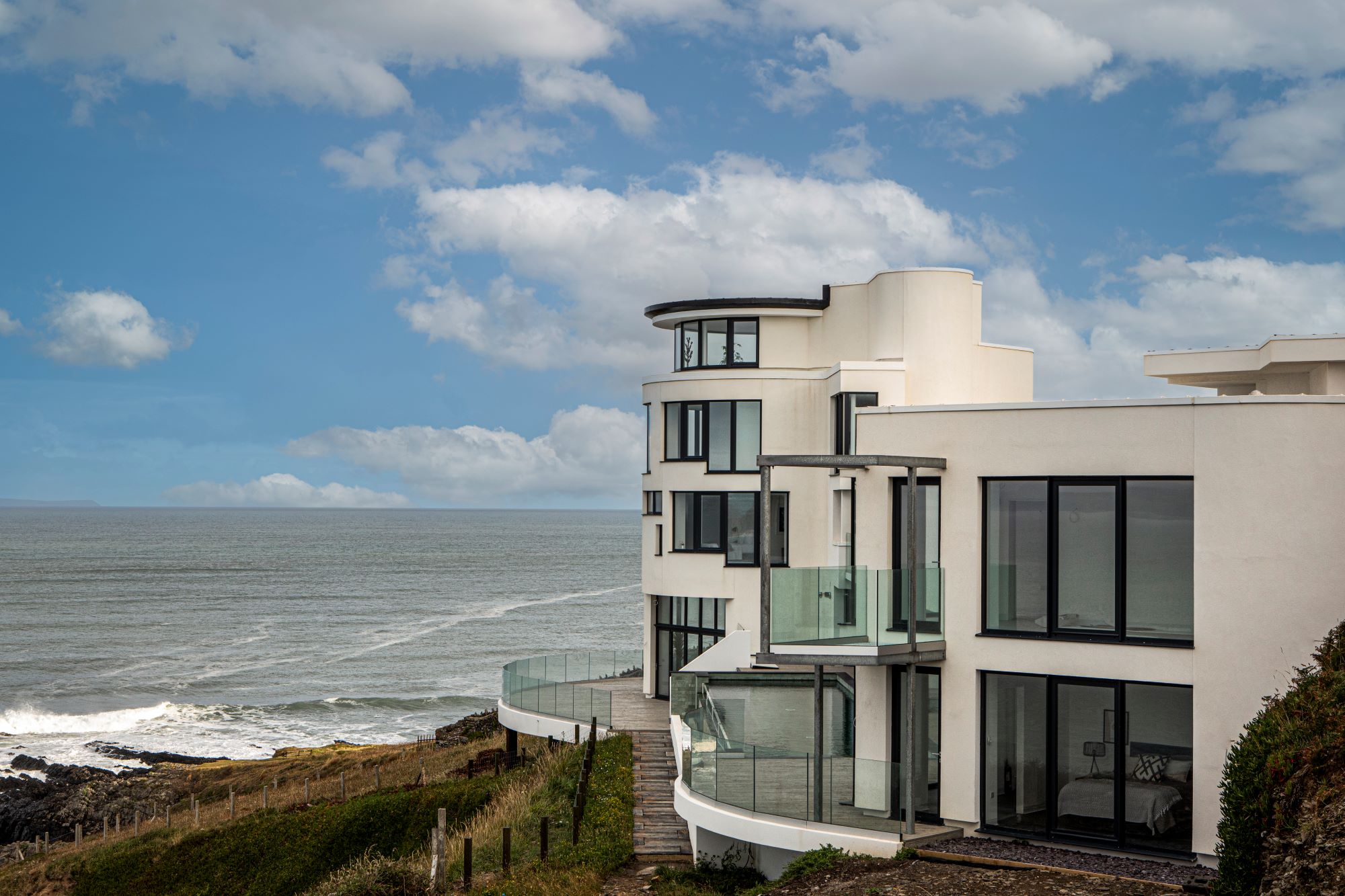
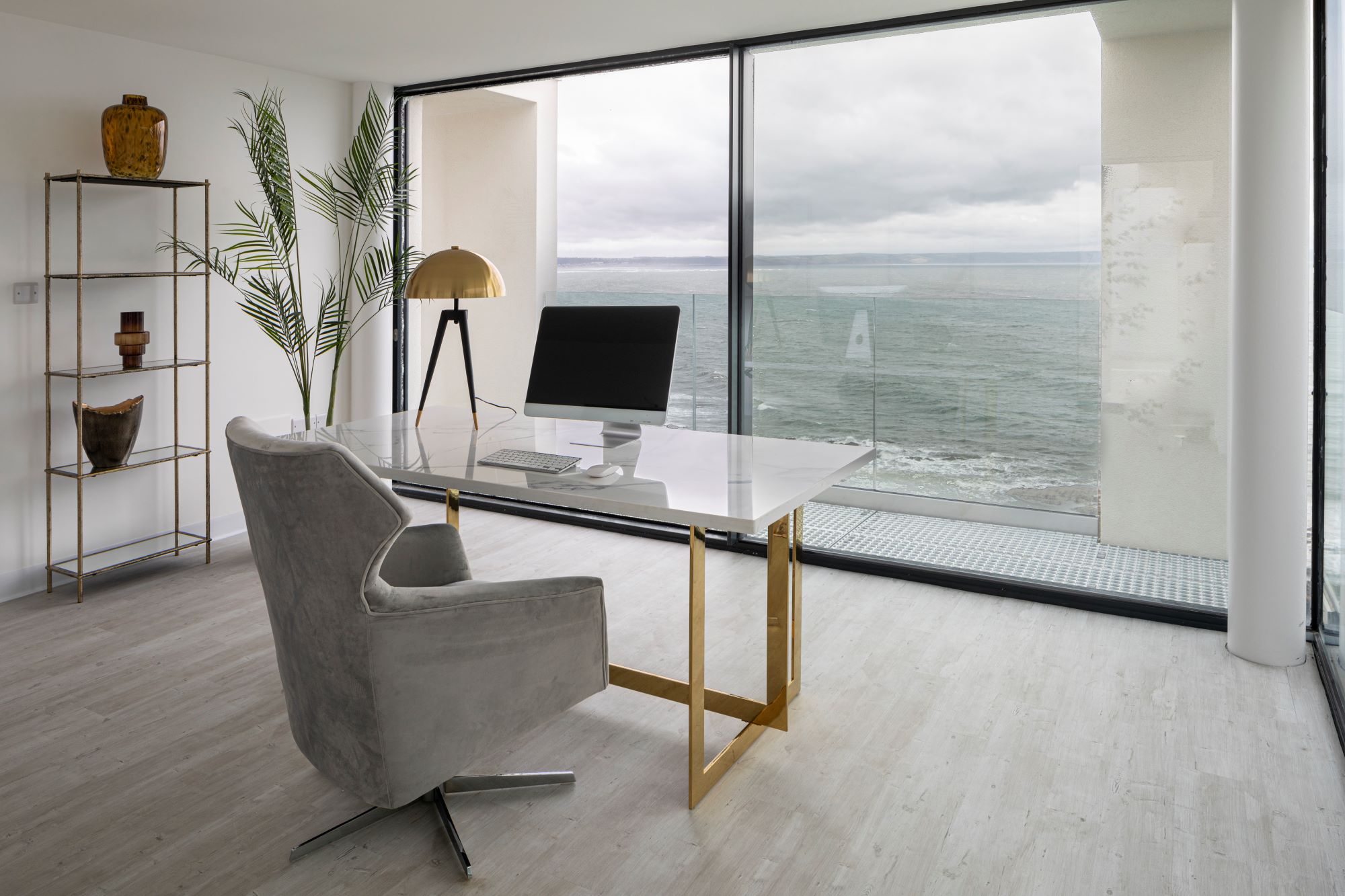
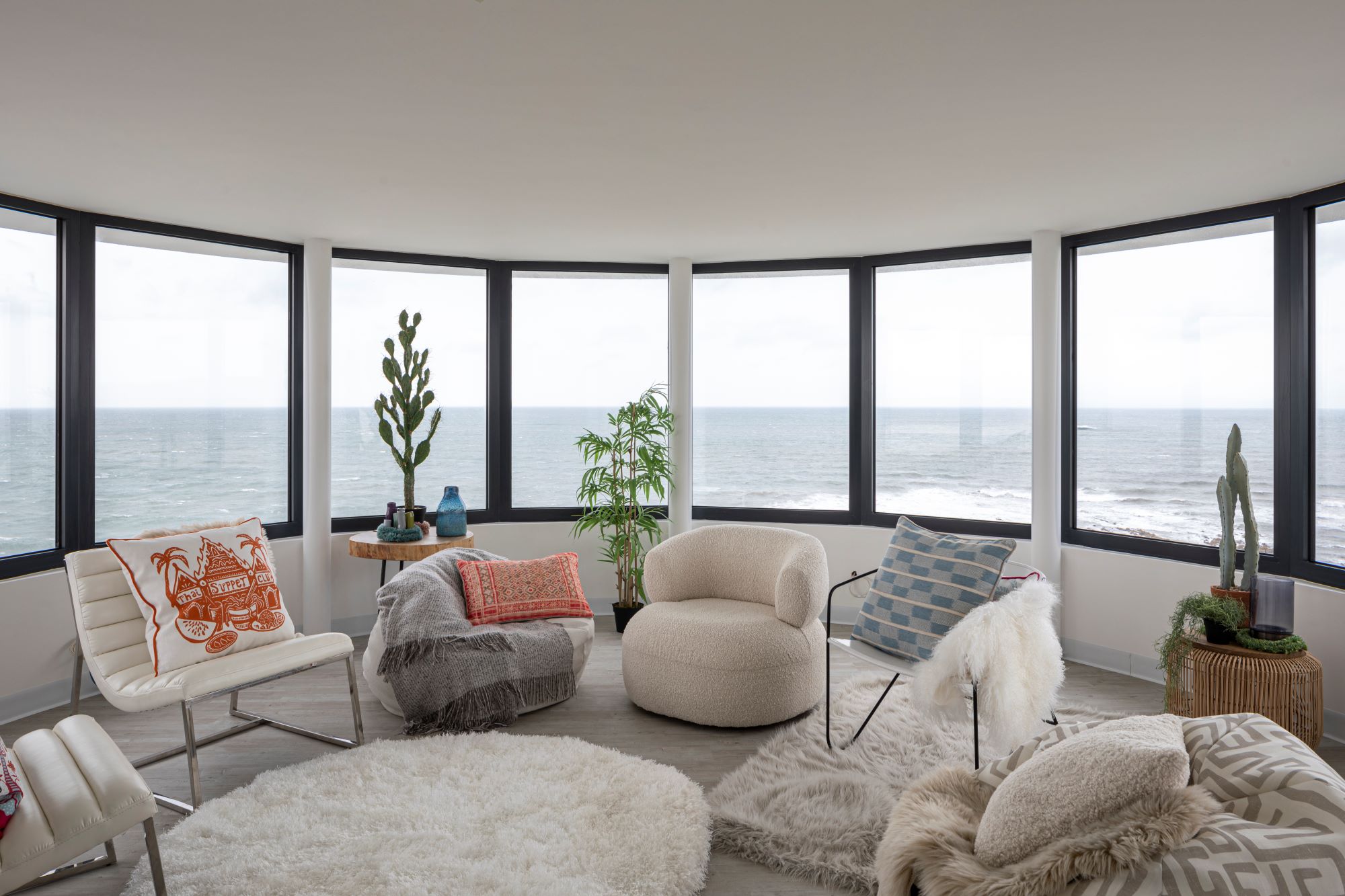
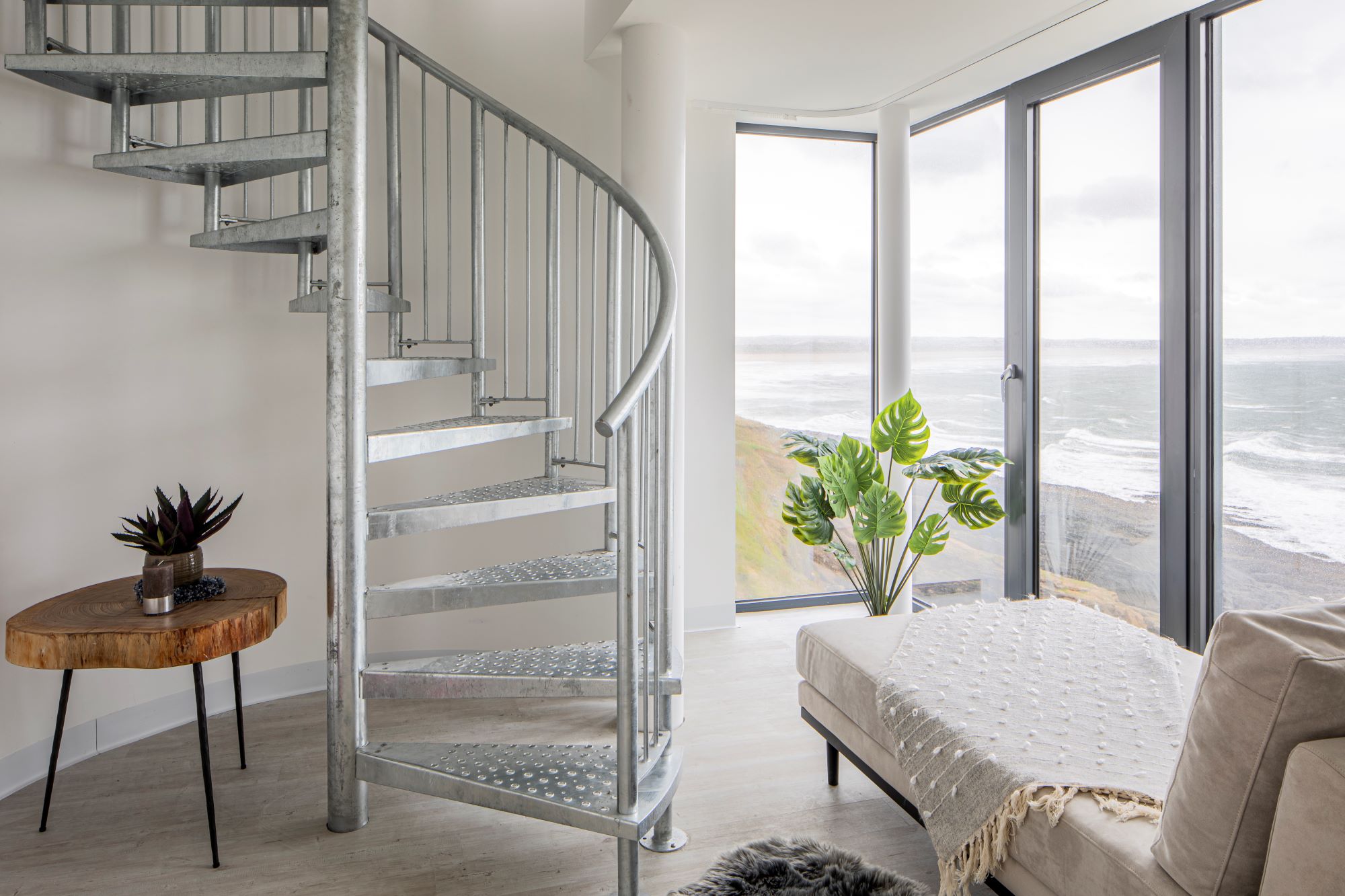
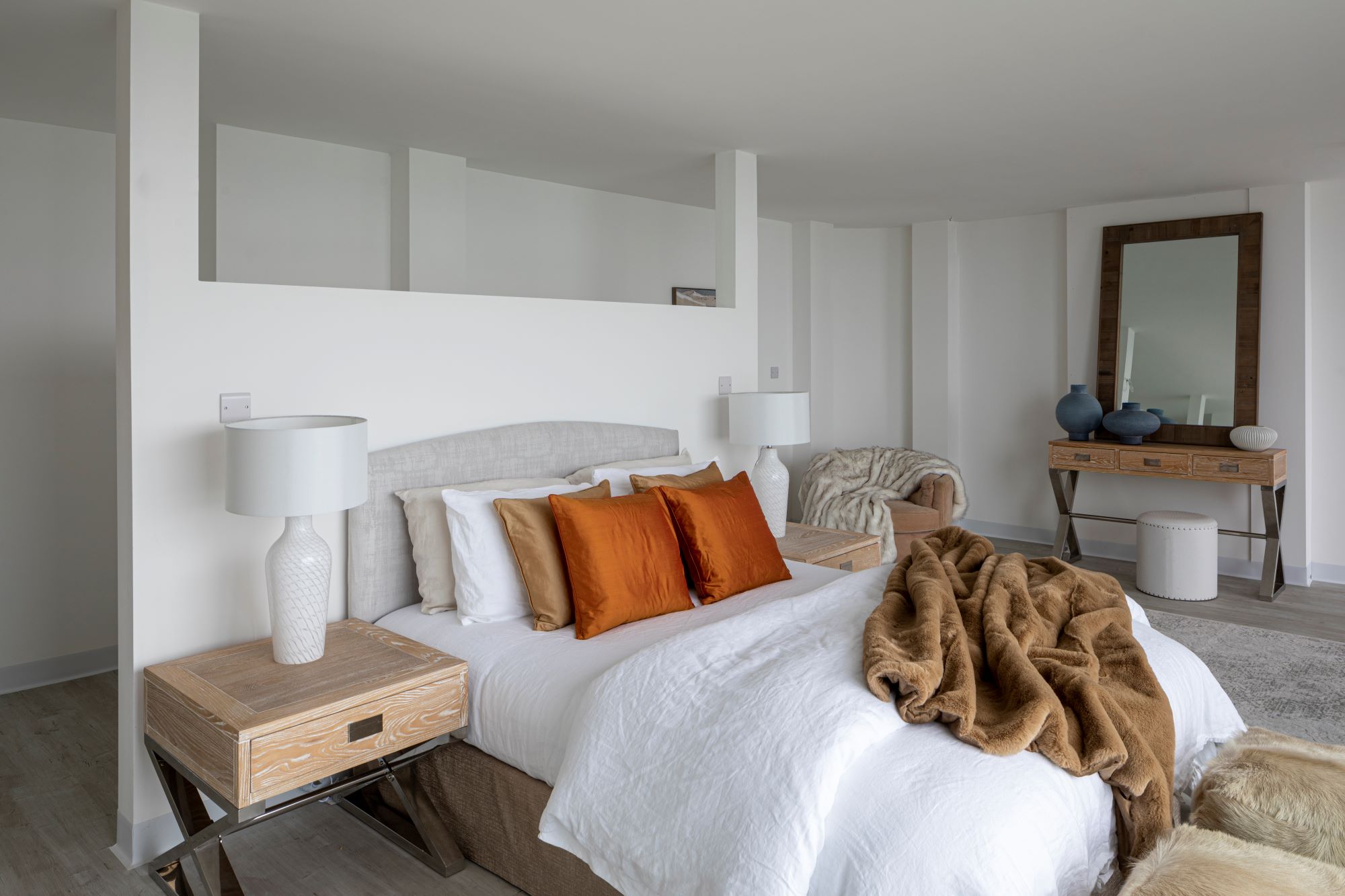
The Passivhaus treehouse
Jon Martin and Noreen Jaafar built a beautiful treehouse-inspired home in Dursley, Gloucestershire, to overcome strict planning rules. The £85,000 plot is in a conservation area and all the trees are listed and couldn’t be cut down, so the home was cleverly built around them.
Architect Tomas Millar of Millar + Howard Workshop said the home would need to be of outstanding architectural merit to break through the planning stage. And if the plot wasn't challenging enough, the couple opted to build their new home to Passivhaus standard; a rigorous design and build standard for creating a low-energy home.
The finished project features a mezzanine bedroom, two further bedrooms, a living area with a woodburning stove, and a kitchen. This low-energy home, which features carefully sourced reclaimed and recycled materials, also went onto win best green home as part of the Homebuilding & Renovating Awards.
On Grand Designs McCloud said: “This place is flipping brilliant. It’s a great example of how you can build by putting nature before human nature. It’s a fantastic testament to the passion, vision and resilience of Jon and Noreen.
“These are qualities for which I will always salute self builders, because, without the examples and inspiration they provide, the rest of us would just be living in grim little grey boxes — with no trees."
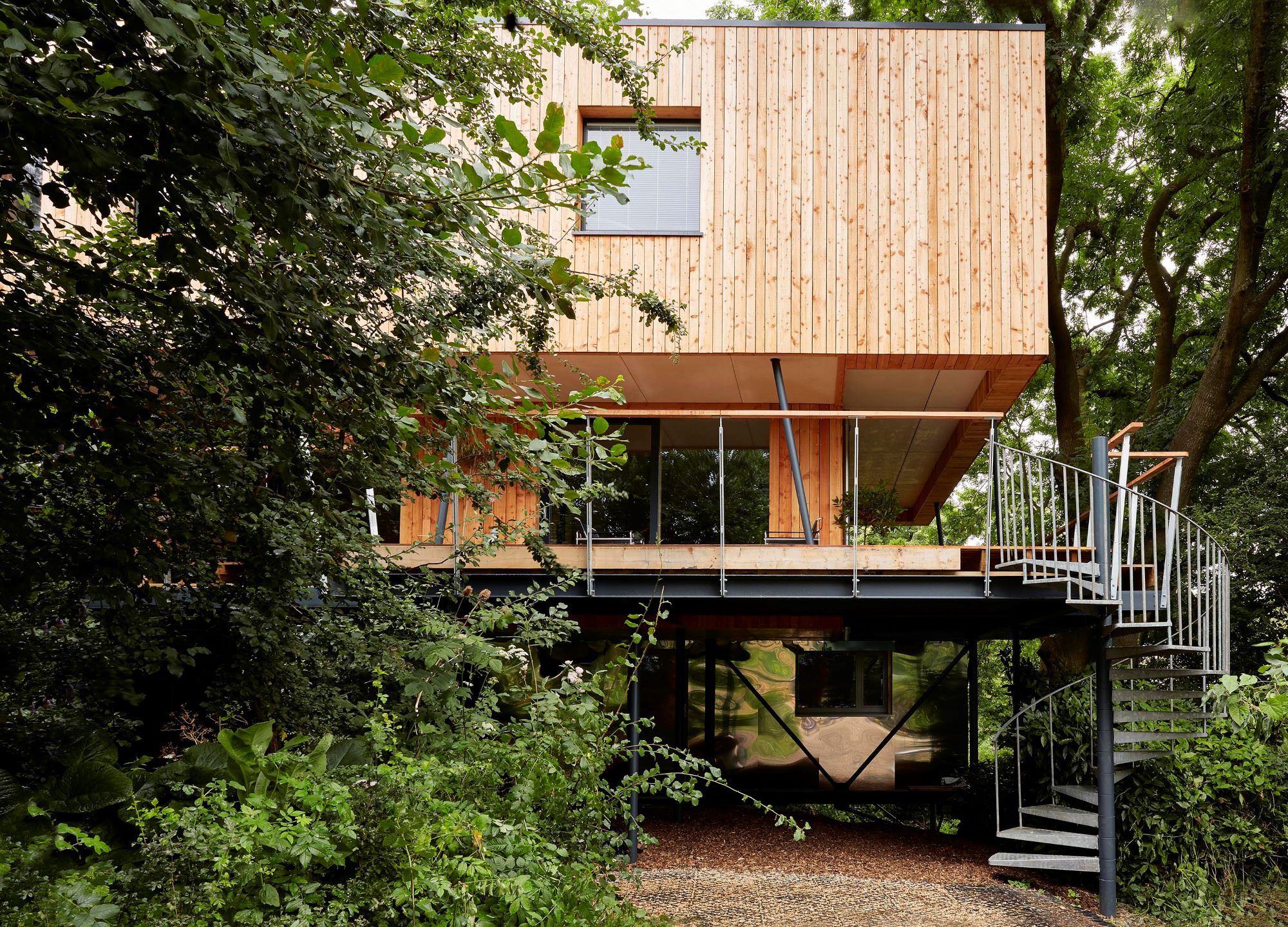
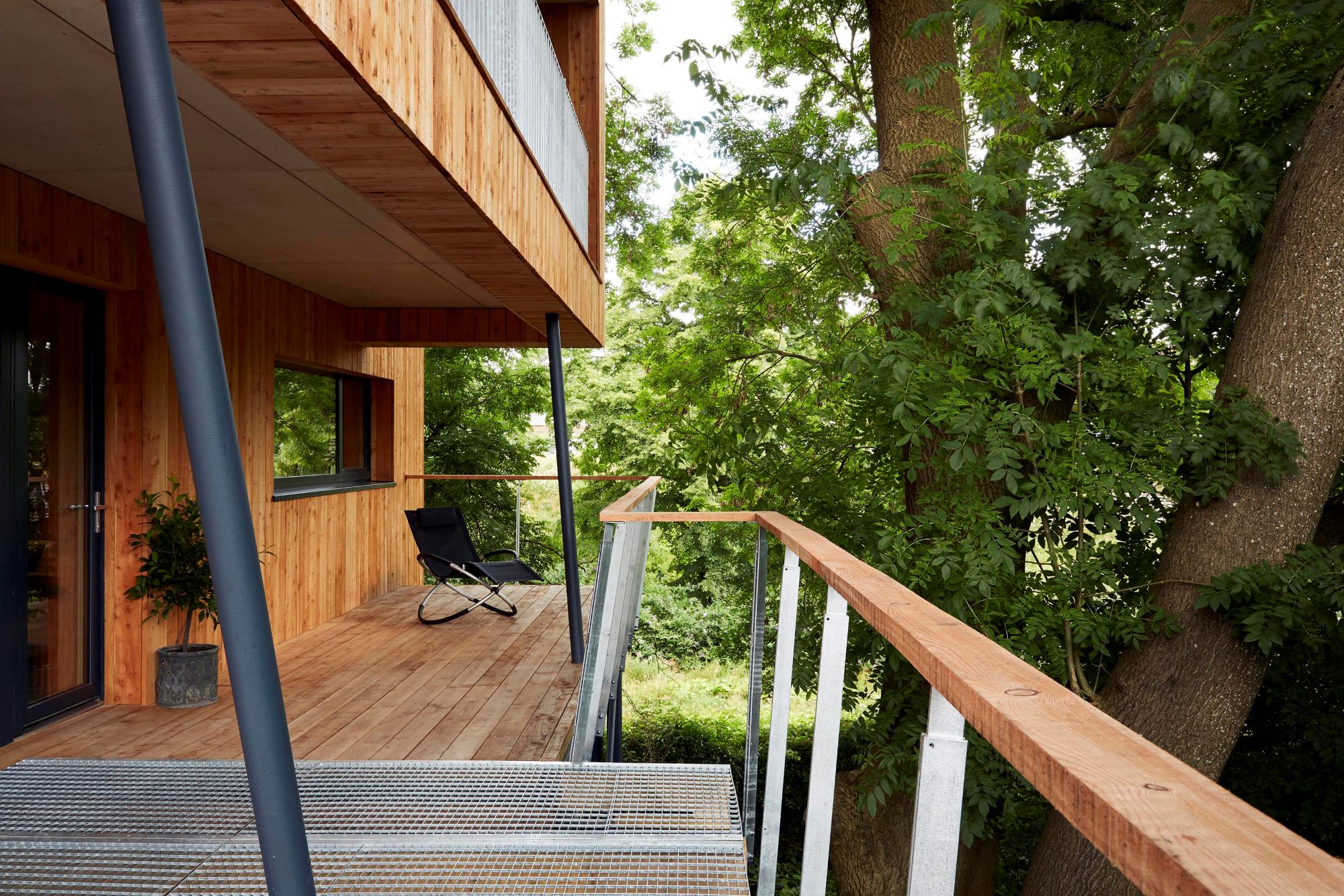
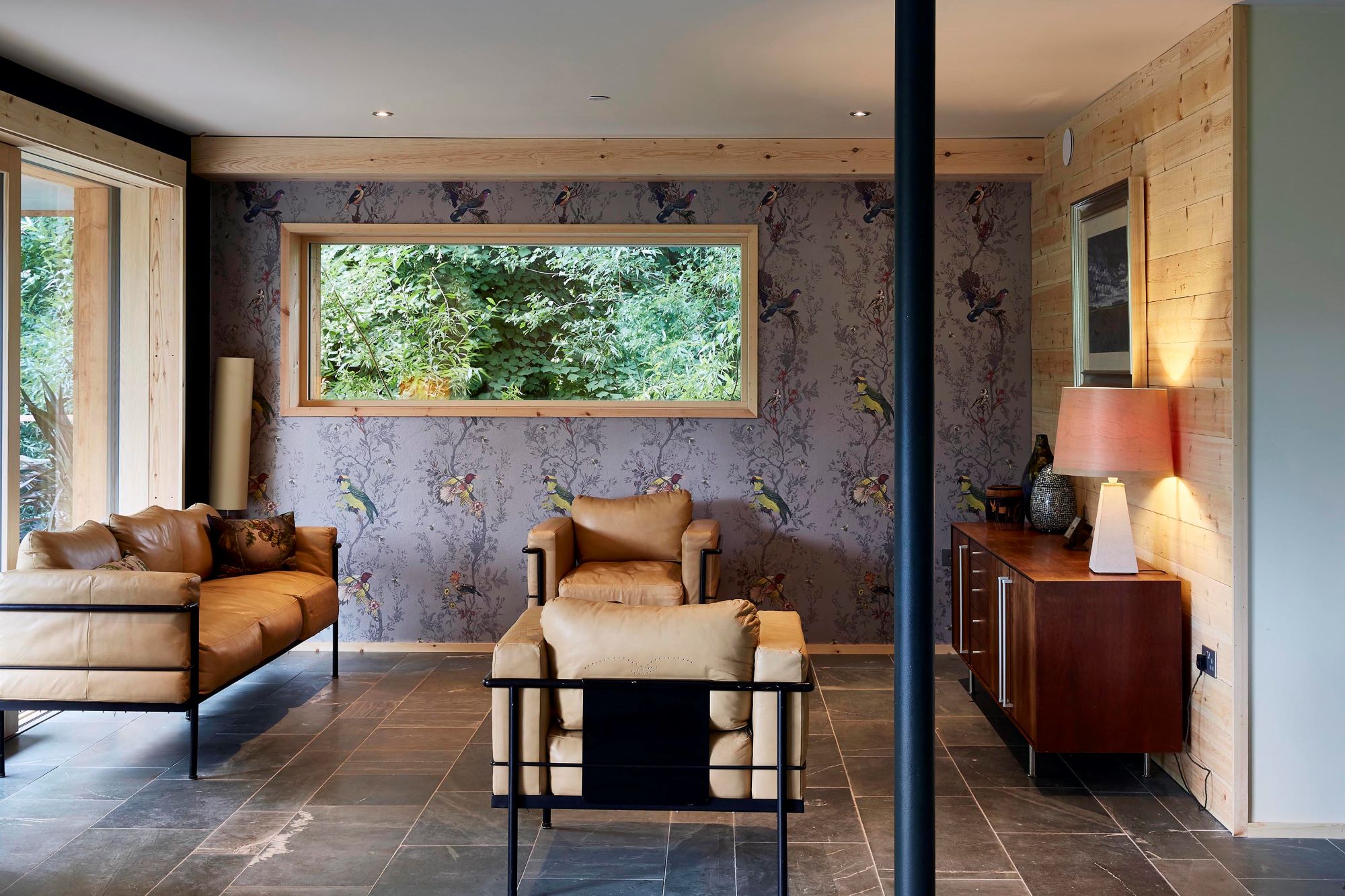
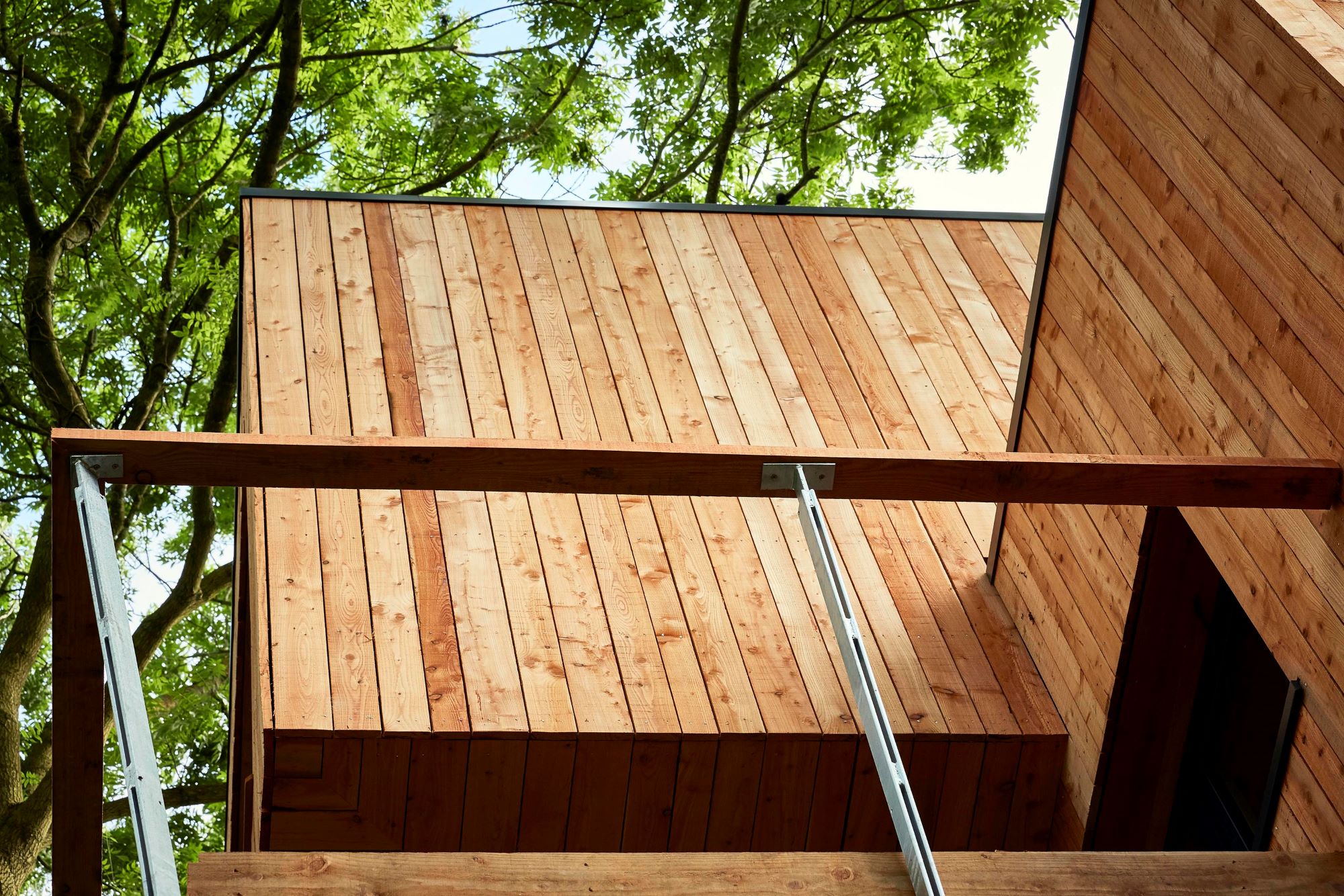
The earth-sheltered 'self-heating house'
This Buckinghamshire home is unique, thanks to its earth-sheltered design. Andrew and Margretta Smith built the structure into a sloping site which is covered by several hundred tonnes of earth, which acts like a huge storage heater.
In summer the earth soaks up enough heat to raise the internal temperature into the winter. Andrew, who has a PhD in low-energy systems, said: “With most homes the walls, roof, and floor are insulated to stop warmth escaping. But I want heat to come through the house and also sink into the earth. This means the hundreds of tonnes of soil will gradually warm up.
“Until then, there’s a woodburner with a back boiler, plus a small air source heat pump. We also have some solar thermal panels for the hot water.”
The concrete structure also provides a high level of thermal mass, storing heat which then radiates into the house.
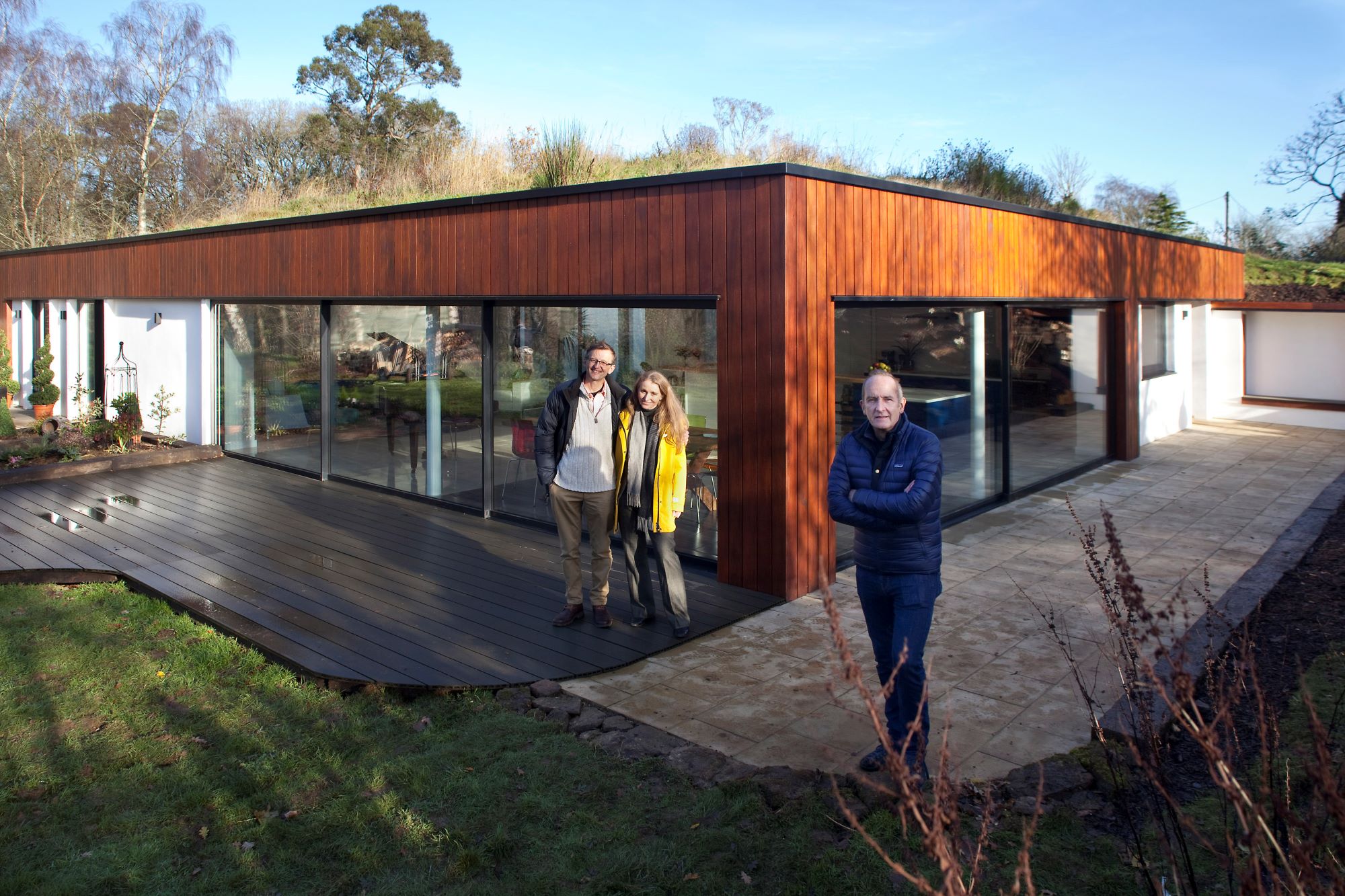
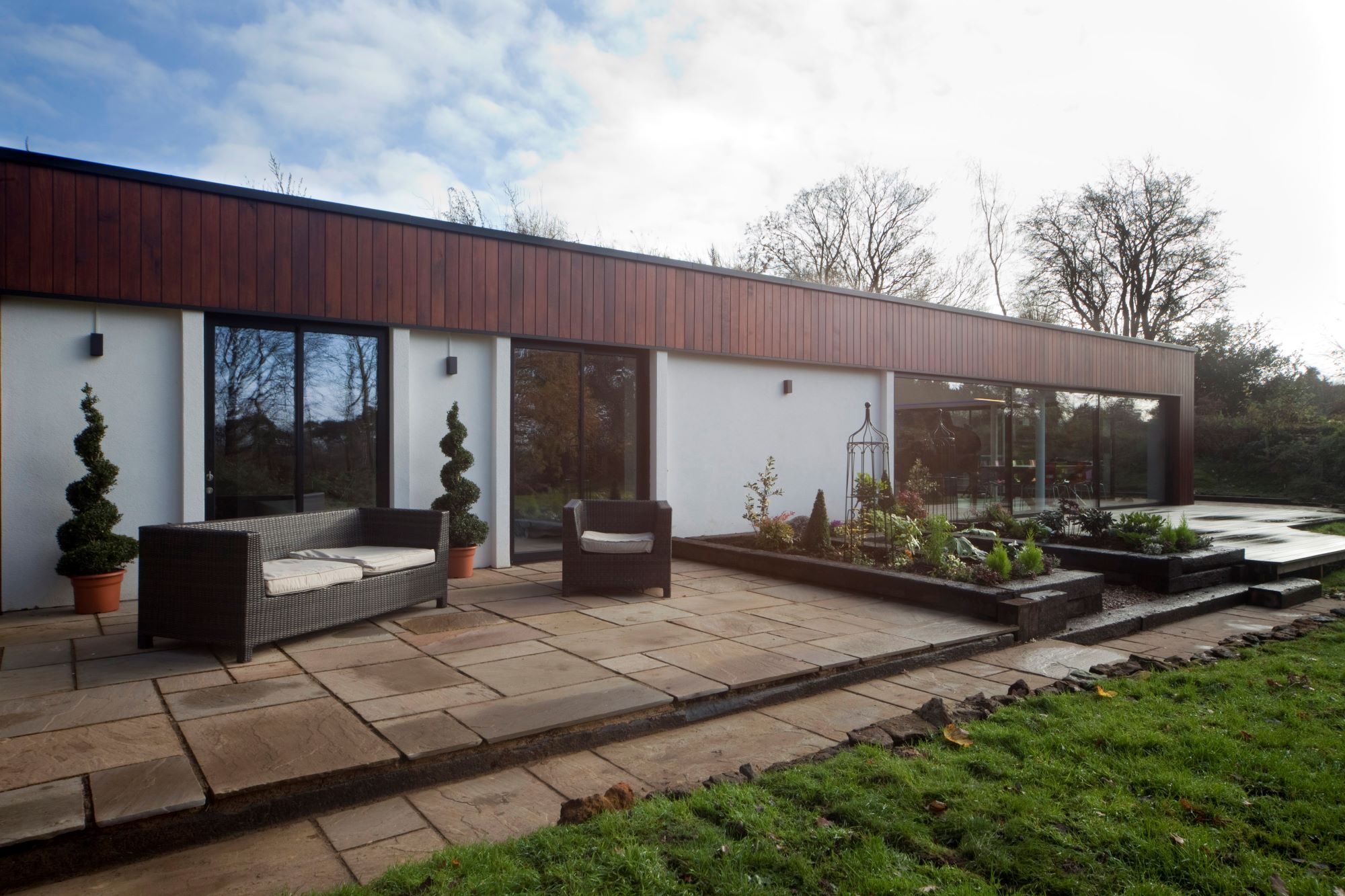
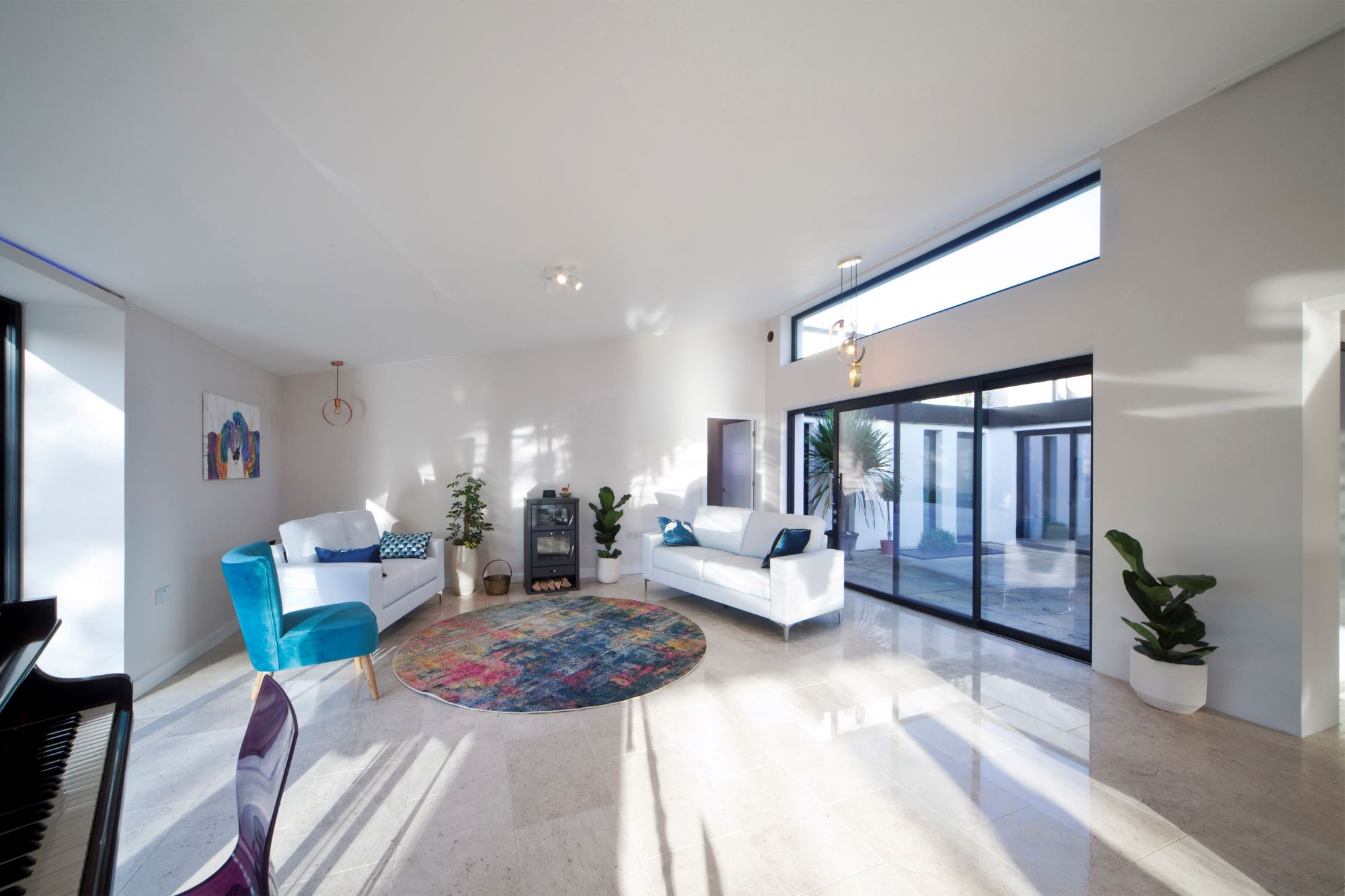
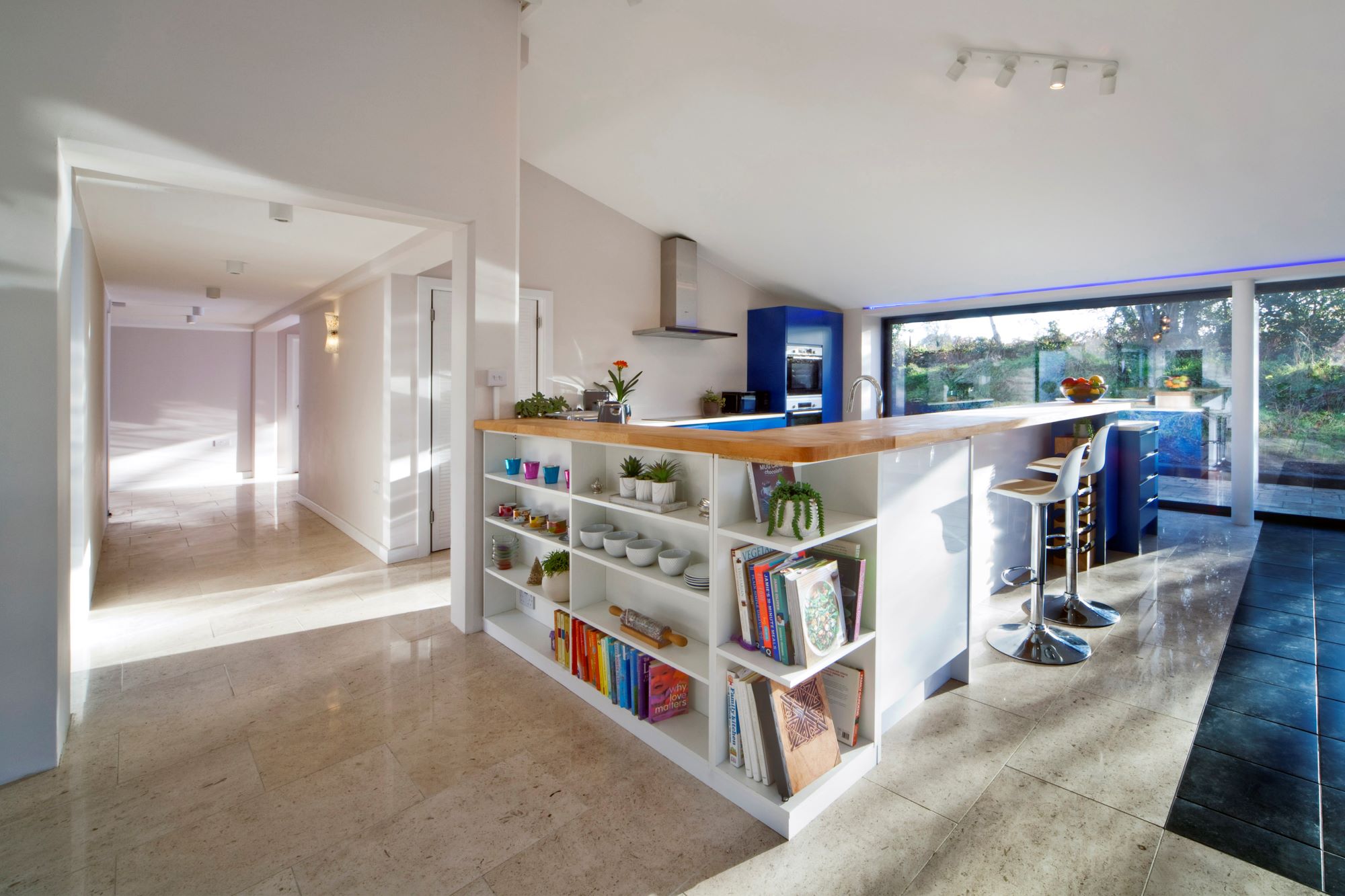
Dinton Castle: A fairytale folly
An 18th-century folly that didn’t “want to stand up anymore” is now a fairy-tale two-bedroom castle nestled in the Buckinghamshire countryside.
Spanish architect Jimmy Fernandez and his wife Mimi bought the crumbling Grade II-listed castle for just £100,000, despite not knowing if they could secure planning permission to live in it.
They spent £300,000 renovating the three-storey structure, which was built in 1769 by Sir John Vanhattem to store his fossil collection — many of which were embedded in the limestone walls.
As well as the two en suite bathrooms, there is a breakfast room and kitchen, a living room and a dining area.
And there’s good news if your dream is to live in a castel — Dinton Castle is available to rent on Airbnb!

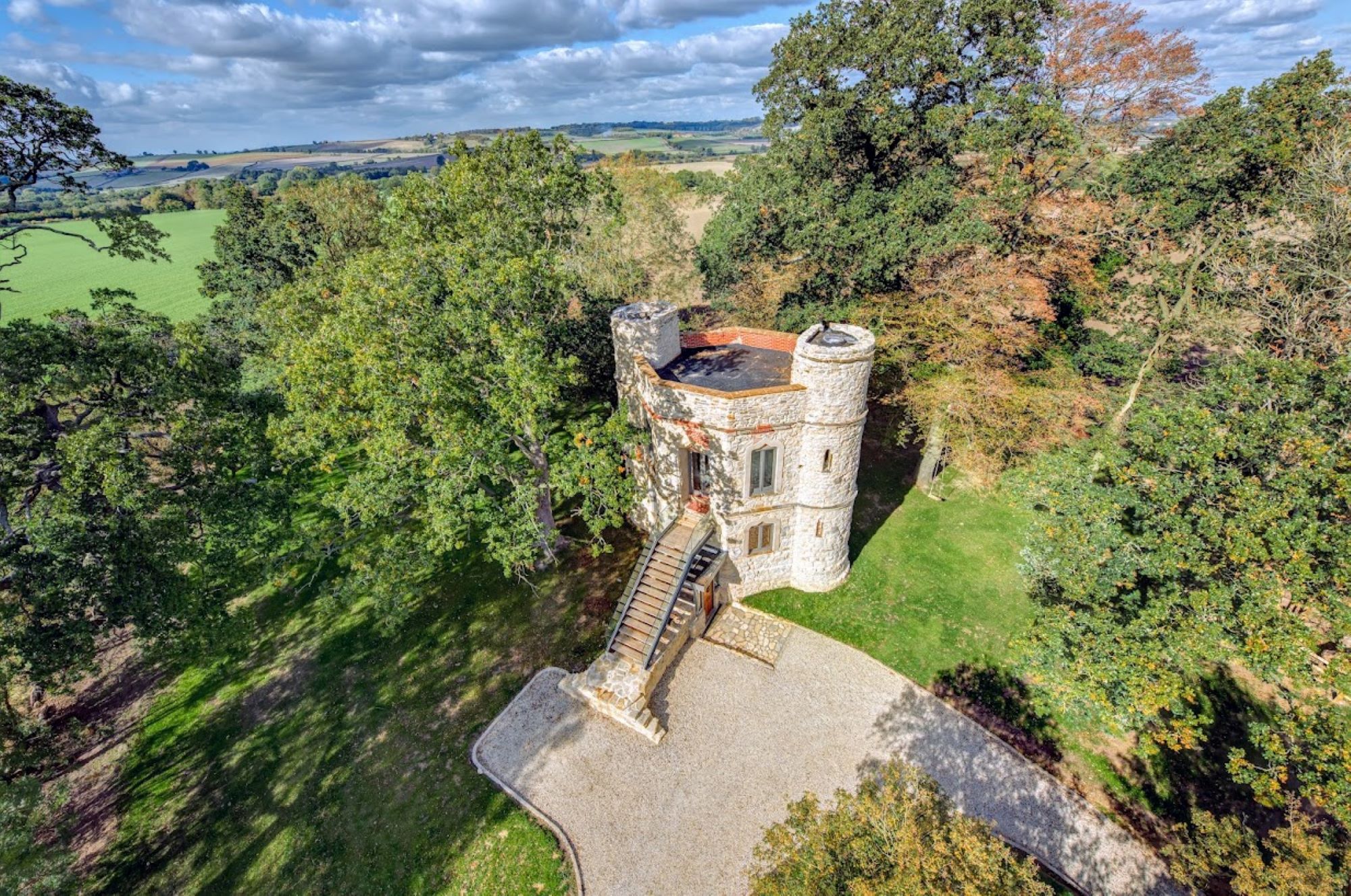
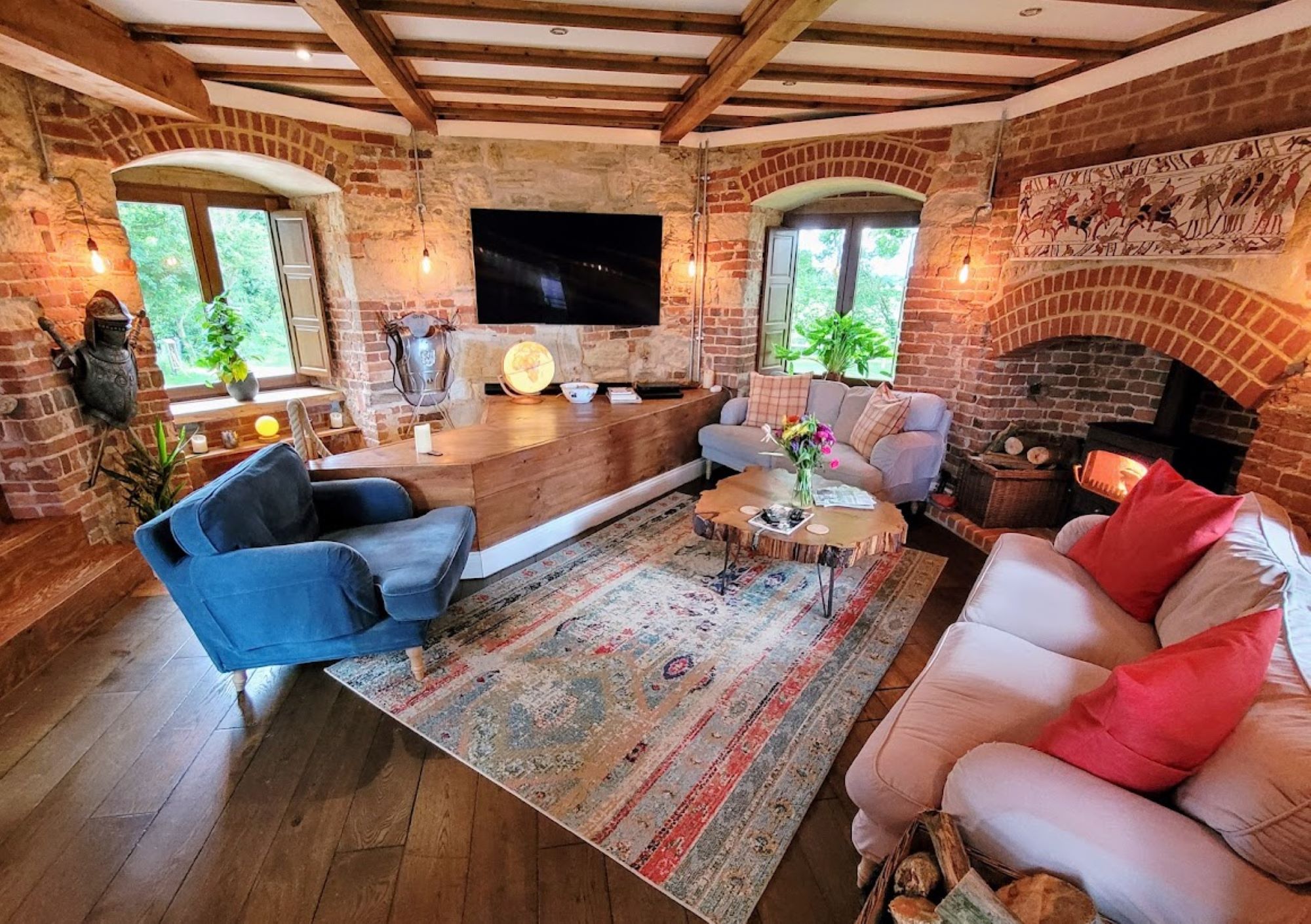
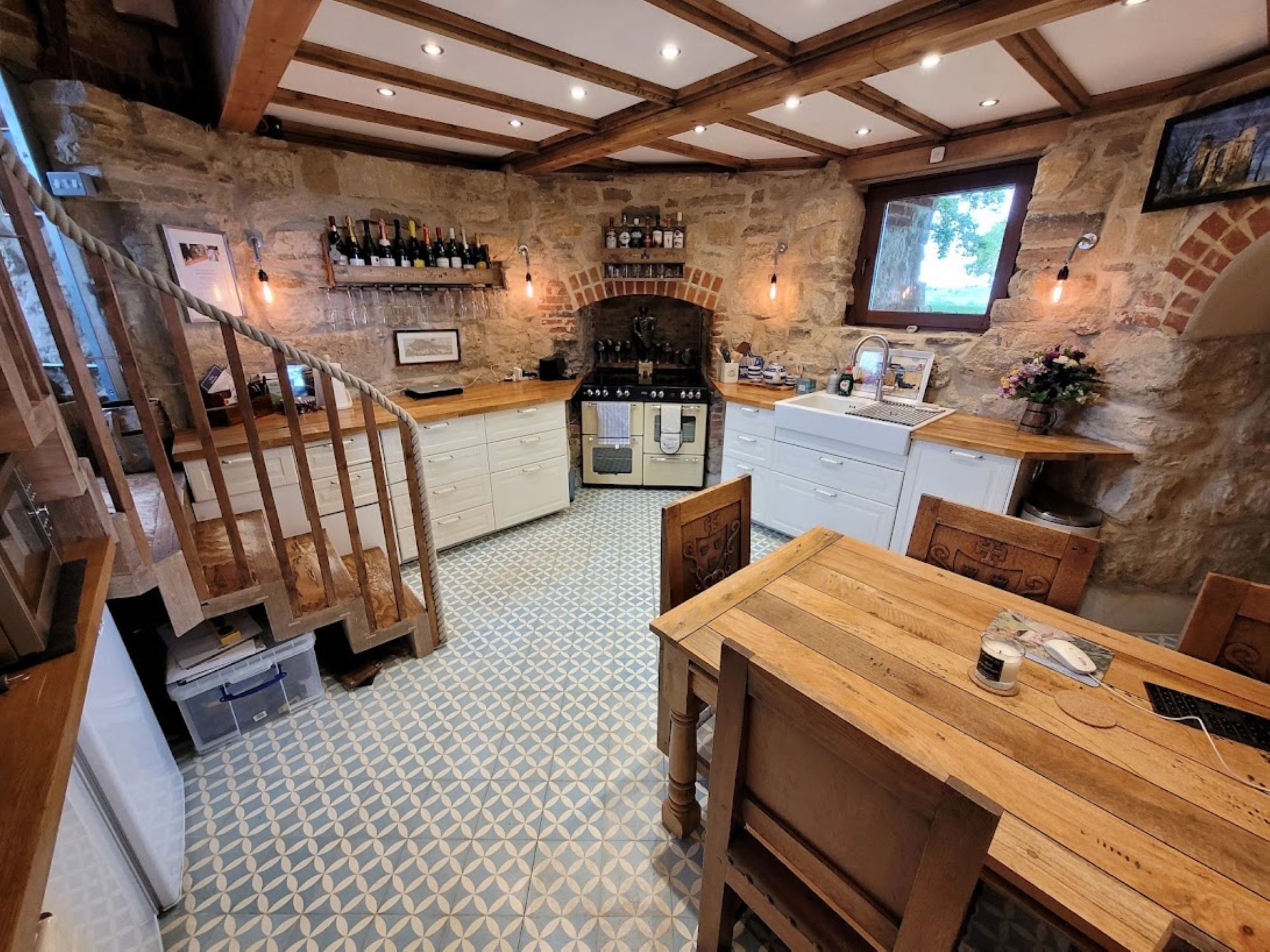
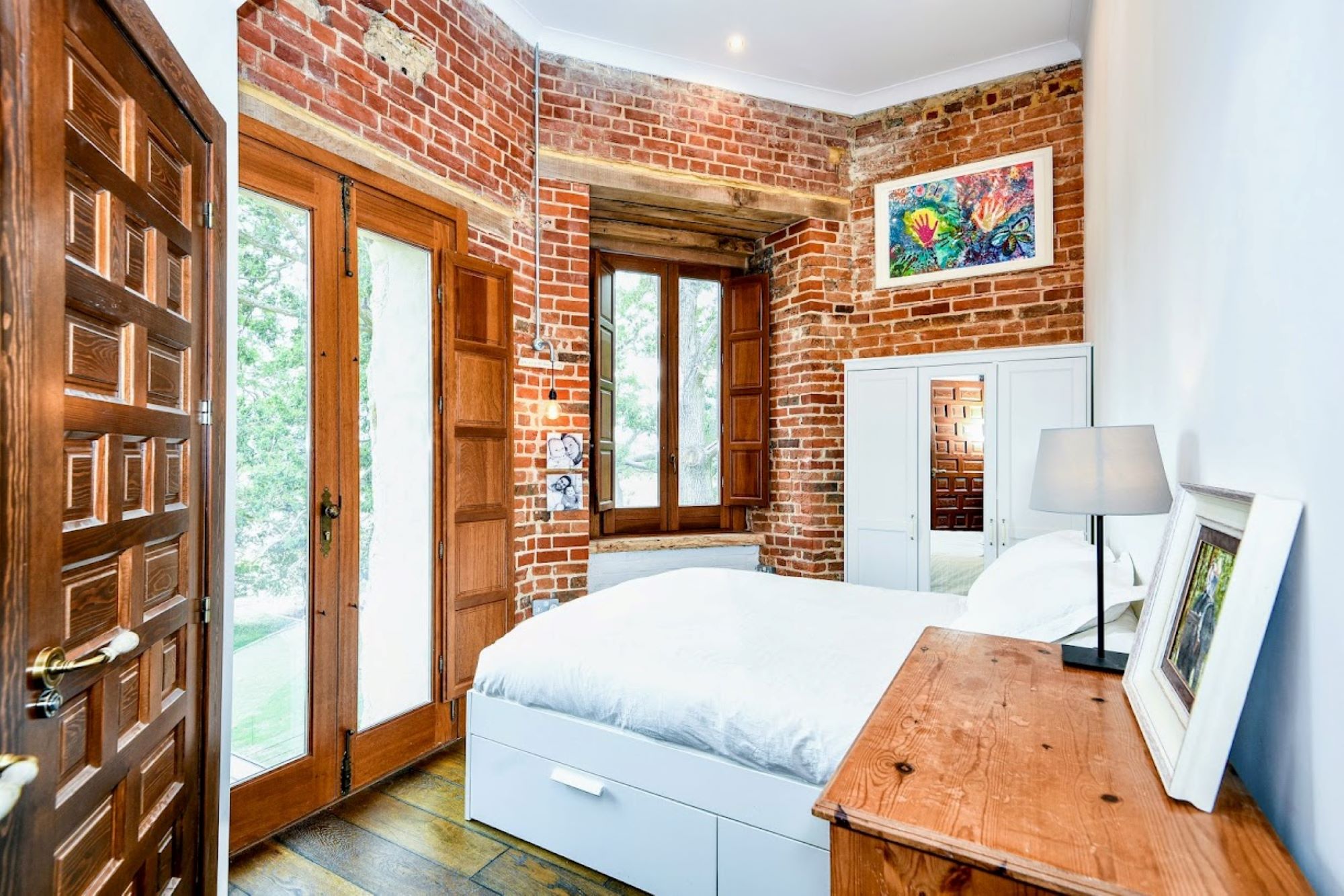
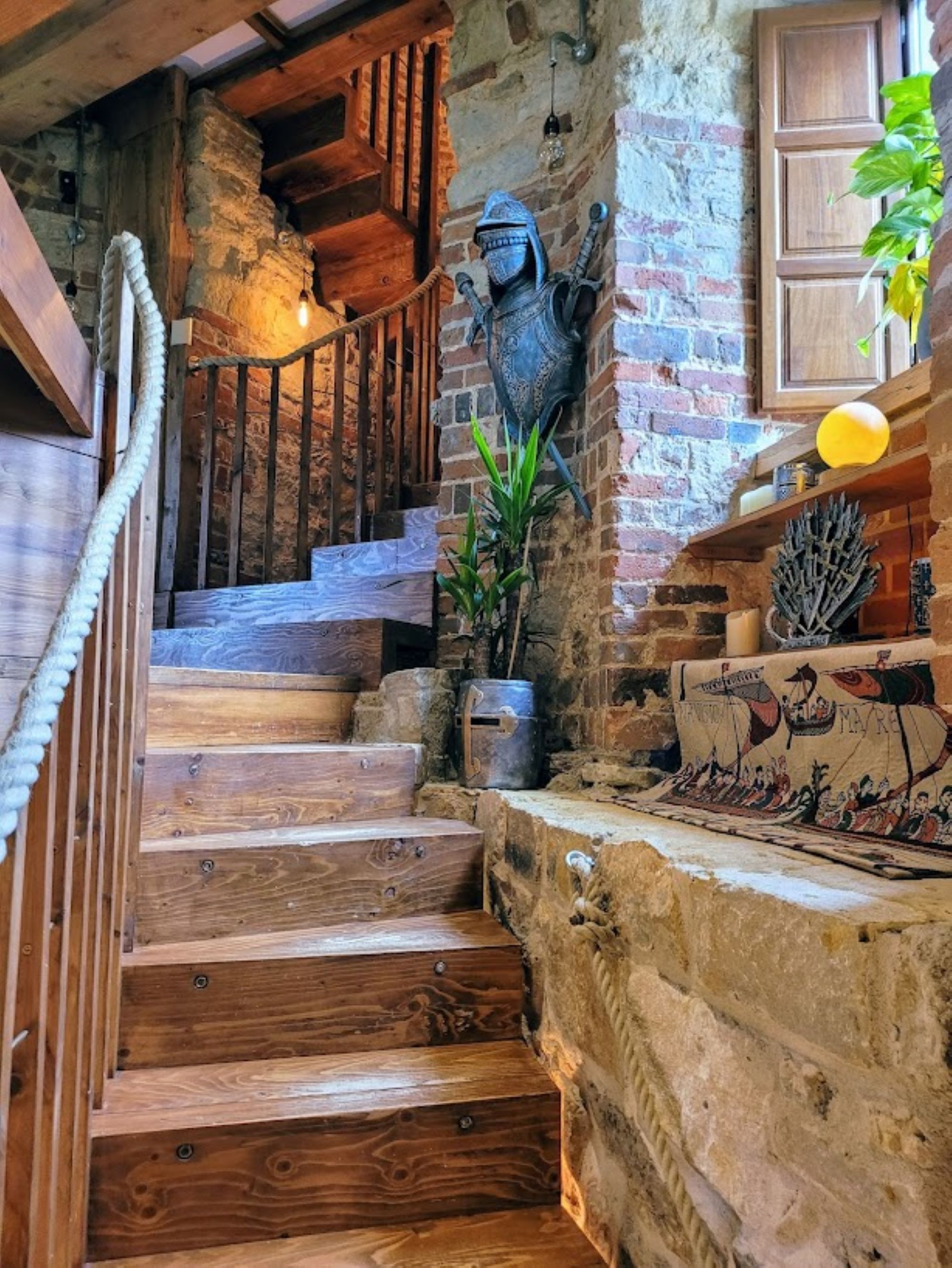
Sam is based in Coventry and has been a news reporter for nearly 20 years. His work has featured in the Mirror, The Sun, MailOnline, the Independent, and news outlets throughout the world. As a copywriter, he has written for clients as diverse as Saint-Gobain, Michelin, Halfords Autocentre, Great British Heating, and Irwin Industrial Tools. During the pandemic, he converted a van into a mini-camper and is currently planning to convert his shed into an office and Star Wars shrine.
- Joseph MullaneNews Editor

